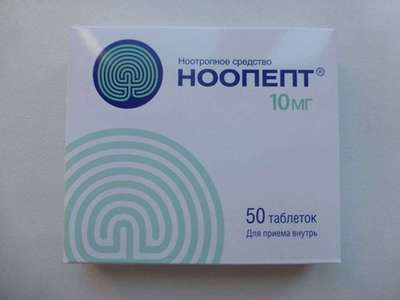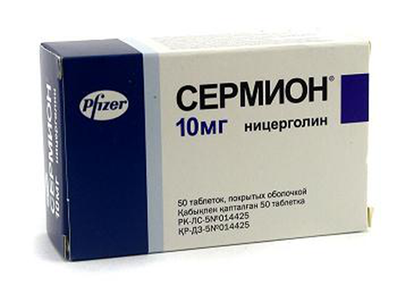Why sometimes Tip-of-the-Tongue happens?
02 Aug 2017
Why a person can not remember the right word and how the semantic memory is arranged
The phenomenon "at the tip of the tongue" is a situation where you can not name the right word, although you are sure that you know it. It "revolves on the tip of the tongue," and if a person begins to question, he can tell a lot about this word.

In 1966, Harvard psychologists Roger Brown and David McNeil published an article about their experiment. They read out the vocabulary to the subject without a definable word. The first two groups of answers, uninteresting for research, are those cases when the subjects either immediately called the right word or did not know it at all. In the third case, when the subjects, recalling, said: "Yes, yes, yes, now," Brown and McNeil asked additional questions. For example, with which letter this word begins, how many syllables in it, with what it rhymes, is it a synonym for such or such a word. Strikingly, people told a lot of additional information about this word, without even mentioning it.
It turned out that people in semantic memory (the "knowledge" memory responsible for answering questions like "What is a hypotenuse?" And "Who is John Kennedy?") Contains a lot of related information, besides the sound of the word and the connection between the sound of the word and its Value. Apparently, this information is coded by different neural networks, and having access to one, you may not have access to others. But this does not prevent you from using what you have access to. This example shows that the semantic memory is extremely complex and that simple ways of describing it and simple recipes for its improvement are usually ineffective.
The phenomenon "at the tip of the tongue" is a problem of violation of access to some information. But why it happened - a very difficult question. There are a huge number of different types of amnesia, they can be associated with age, with chemical intoxication, with mechanical trauma. But this phenomenon is not connected with any expressed problems. That is, this is a possible error in a well-functioning mechanism.
Psychologists do not leave the phenomenon "at the tip of the tongue" and pay attention to it, because it is a model where you can see which parts of the network are used to store information, how you can help or, conversely, prevent you from recalling a piece of information. This is a convenient phenomenon for studying semantic memory and an understandable experimental procedure: it is clear which test subjects to take and what material to prepare for them.

 Cart
Cart





